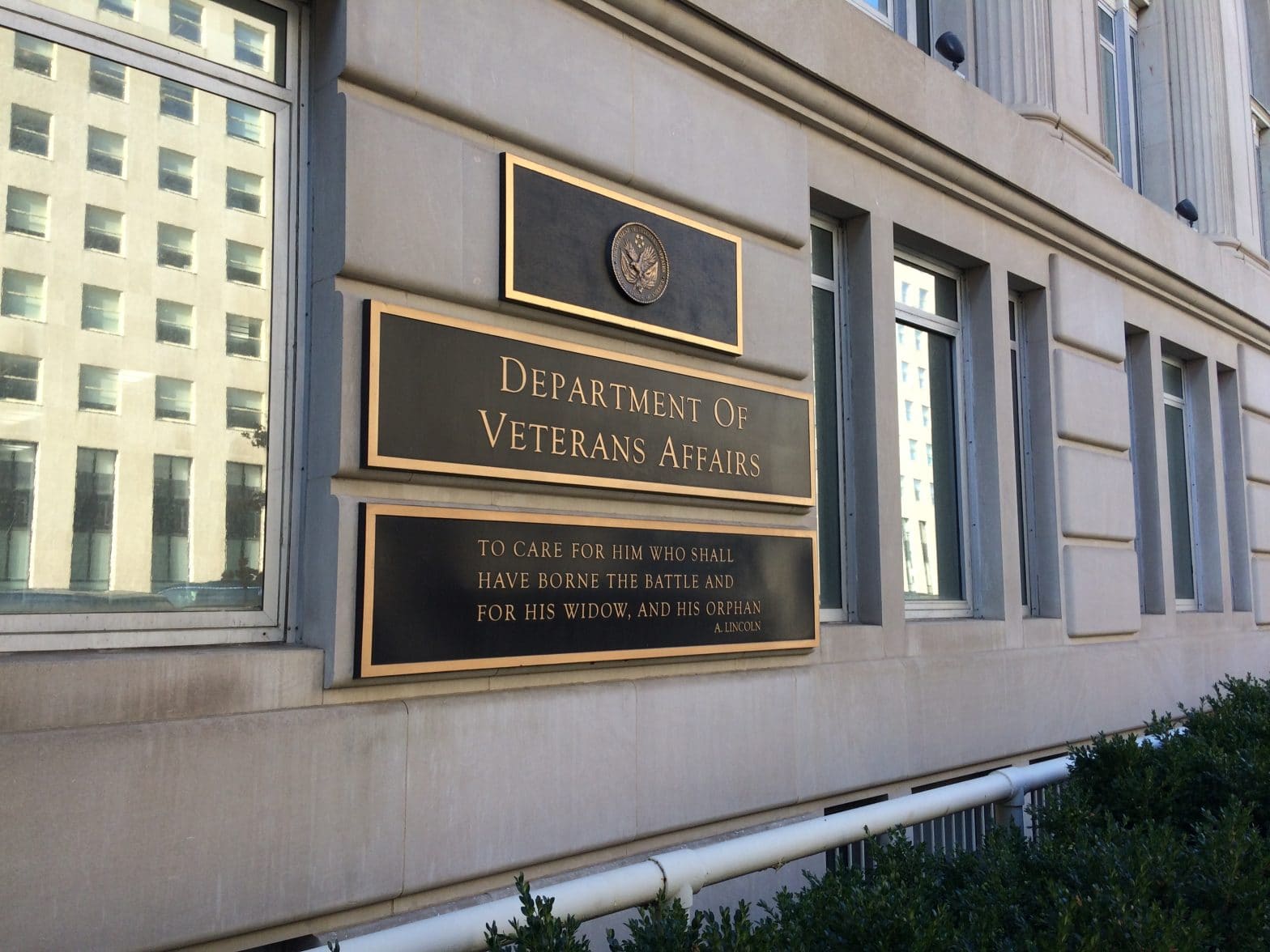VA Data Outlines Its Role In COVID-19 Response

WASHINGTON- The Department of Veterans Affairs released data about its involvement with the national coronavirus response. According to the data, it provided thousands of personal protective equipment, admitted hundreds of non-veterans to its facilities, and performed thousands of tests across the country under its role as a national emergency aid.
Scholars have noted the role of veterans and the VA in disaster mitigation may be increasingly important in the years to come, and the latest data offers concrete numbers from the administration as COVID-19 stretched America’s health system to its limit.
During the coronavirus pandemic, the VA said it provided more than 935,000 pieces of personal protective equipment, admitted 488 non-veterans to its medical facilities, and deployed personnel to more than 50 states and territories, including Puerto Rico and the District of Columbia.
Many of the clinical workers went to support state veteran’s homes and community nursing homes. In all, the VA sent 1,215 personnel to state veteran’s homes and 980 to community nursing homes.
The department also sent 232 personnel to the Indian Health Service and Navajo Nation, where a recent Lancet article suggests have been disproportionately harmed by the coronavirus, in part due to a lack of resources.
The numbers are current up to last week, and they can be viewed here.
According to historians, the U.S. represents one of the foremost examples of a country whose veteran welfare programs are treated separately from the rest of the population. The historian Olivier Burtin has argued that veterans also represent one of the only groups in America whose benefits are not perceived as falling under the category of welfare but rather of earned rights, which has led it to a unique place in the American welfare apparatus.
Emergencies represent a specific exception to this when the VA is expected to cover non-veterans as well in its role as a backup health system for the country.
In 1982, Congress charged the VA to help the nation to handle national emergencies and public health crises, which it calls its “fourth mission.” The Congress meant the charge to open up the VA’s extensive health care resources as a backup for the U.S. Department of Defense to increase the countries readiness and responses to war, terrorism, natural disasters and emergencies.
This fourth mission asks them to assist with the mitigation, preparedness, response and recovery activities during an emergency like the coronavirus when overflows in the hospital stretch or overwhelm the usual non-veteran medical facilities, according to information from the VA’s website.
The VA has sent resources to assist with other events, including sending resources to aid with the 2016 Orlando Pulse nightclub massacre. Scholars have also pointed out that the VA’s resources are important for handling the national coronavirus pandemic response because it has a flexible and well-trained clinical workforce, medical supplies, and a national infrastructure, according to a report published in JAMA in 2020.
However, it is unclear whether these resources are being fully utilized. Scholars have suggested that veterans may offer an untapped resource for disasters more generally.
A 2019 article argued that veterans ought to be recruited as volunteers for disaster relief by the American Red Cross and the Medical Reserve Corps. The article argued that the veteran’s experience would make them ideal for disaster preparedness, and in return, it would offer a way to transition veteran’s back into civilian life and “opportunities that foster an enhanced sense of belonging in their local communities,” potentially mitigating the sense of isolation that can attach to that transition.
The article argued that tith the growing intensity and frequency of national disasters, veterans could become central to disaster management.

























